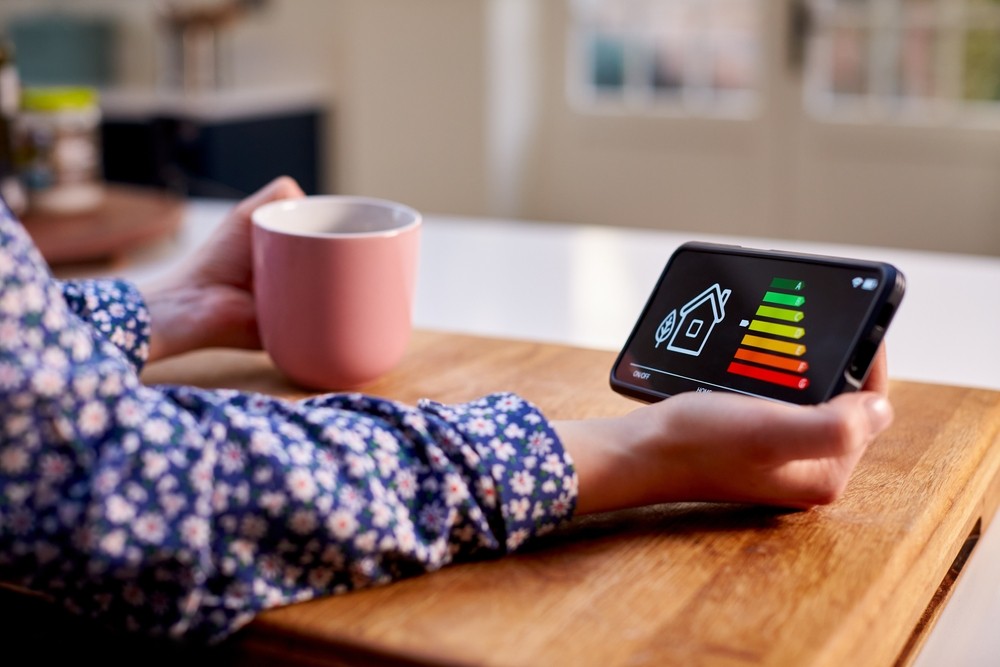As technology continues to evolve at a rapid pace, the concept of a smart home is becoming an increasingly attractive prospect for homeowners. Smart home upgrades not only offer convenience and enhanced control over various aspects of daily living but can also provide significant financial benefits over time. Investing in smart technology may require an initial outlay, but many of these upgrades are designed to be cost-effective, resulting in substantial savings and increased property value. Below, we explore some of the most promising smart home upgrades that can pay off in the long run.
Smart Thermostats
One of the most significant avenues for long-term savings in smart home technology is the smart thermostat. Unlike traditional thermostats, smart thermostats can learn your schedule and preferences, optimizing the heating and cooling of your home automatically.
- Energy Efficiency: Smart thermostats adjust temperatures based on when you’re home or away, significantly reducing energy consumption. Some models offer insights into energy use, helping you understand your consumption patterns.
- Lower Energy Bills: By adjusting the heating and cooling settings efficiently based on real-time data and weather forecasts, these devices can lower your energy bills by up to 10-15% annually.
Smart Lighting
Lighting is another area where smart upgrades can lead to long-term savings and convenience.
- Automated Control: Smart lighting systems allow for programmable schedules and remote control via smartphones, which means lights can be turned off automatically in unoccupied rooms or when you leave the house.
- LED Technology: Most smart bulbs use LED technology, which is significantly more energy-efficient than traditional incandescent bulbs, reducing electricity bills.
Home Security Systems
Investment in smart home security not only safeguards your home but can also potentially save money and increase property value.
- Preventing Break-Ins: Advanced features like smart cameras, motion sensors, and video doorbells deter potential intruders. The knowledge that a property is protected by a smart security system may also qualify you for discounts on home insurance premiums.
- Remote Monitoring: With real-time alerts and the ability to monitor your home from anywhere, you gain peace of mind, potentially saving costs associated with damage or losses from break-ins.
Smart Plugs and Outlets
Smart plugs and outlets offer a simple yet effective way to maximize energy efficiency and control energy usage at home.
- Reduce Phantom Loads: These devices help eliminate standby power usage by ensuring that appliances and electronics are completely turned off when not in use.
- Scheduled Power Usage: By scheduling when certain devices are on or off, you ensure that energy is used only when necessary, thereby contributing to lower energy bills.
Smart Appliances
Modern smart appliances, such as refrigerators, washing machines, and ovens, bring additional convenience and efficiency to the home.
- Energy Savings: Designed to minimize unnecessary energy use, smart appliances adjust their operation based on real-time data, such as load weight in a washing machine or external temperatures for refrigerators.
- Remote Diagnostics: Many smart appliances provide diagnostic information, alerting you to maintenance issues before they become significant problems, saving on repair costs.
Smart Water Management Systems
Water usage can also be optimized with smart technology to prevent waste and reduce costs.
- Leak Detection: Smart water sensors can detect leaks or unusual water flow patterns, alerting you immediately and helping prevent costly water damage.
- Water Conservation: Systems such as smart sprinklers adjust watering schedules based on weather forecasts, reducing unnecessary water use and saving on water bills.
Smart Windows and Blinds
Managing natural light and insulation through smart windows and blinds can significantly impact energy consumption and comfort.
- Automated Adjustment: These systems can adjust based on time of day or direct sunlight, reducing the need for artificial lighting and aiding in temperature regulation.
- Insulation Benefits: By optimizing the use of natural light and insulating effectively, smart windows and blinds contribute to reducing heating and cooling costs.
Return on Investment and Increased Property Value
Smart home upgrades can also enhance the overall value of your property. In a competitive real estate market, having a home equipped with the latest smart technology can make it more appealing to potential buyers. Features such as energy efficiency, advanced security, and convenience are attractive selling points that can increase the asking price of your home.
- Market Demand: As more homebuyers seek out smart technology, having a fully equipped smart home can shorten the time your property is on the market.
- Long-Term Savings: Buyers are often willing to pay more for homes that guarantee energy savings and reduced waste, recognizing the long-term financial benefits of smart technology.
The advantages of smart home upgrades extend beyond mere convenience. They offer substantial potential for energy savings, enhanced security, and increased property value—all factors that contribute to a beneficial return on investment. While the initial costs of some smart technology can be significant, the long-term pay-offs in terms of financial savings, environmental benefits, and lifestyle improvements make these upgrades a worthwhile consideration for any homeowner. As technology continues to advance, the role of smart home solutions in promoting efficient, cost-effective, and sustainable living is set to expand, promising even greater benefits in the future.



